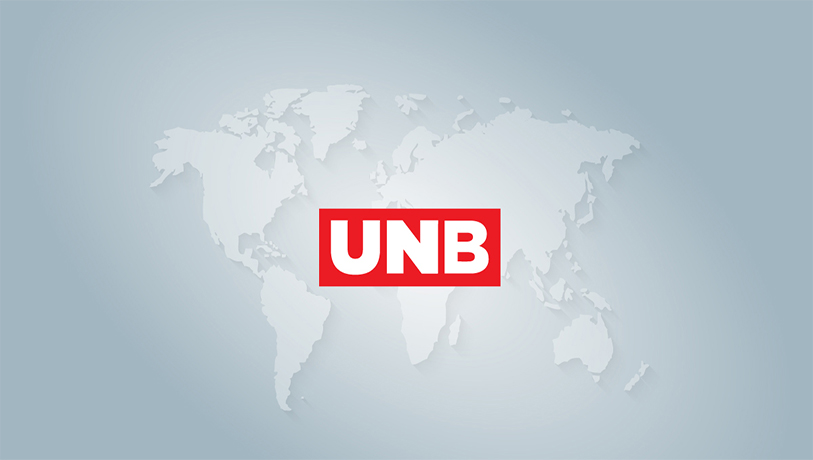The council will have further discussions in the coming days to follow up on the conclusions of the Berlin conference, said Vietnam's UN ambassador Dang Dinh Quy, whose country holds the council presidency for January.
The members of the Security Council reiterated their support for top UN envoy in Libya, Ghassan Salame, and for his efforts to bring about a lasting cease-fire and a Libyan-owned and Libyan-led political solution, said Quy after the council was briefed by Secretary-General Antonio Guterres behind closed doors.
The council members urged the Libyan parties to conclude a cease-fire agreement as soon as possible, he said.
Guterres called for "a real political process" following a cease-fire in Libya.
Guterres, who attended the Berlin conference, said the event was a major step, but cautioned that there is still a long way to go.
"We need to move to a cease-fire, and from the cease-fire, we need to move (to) a real political process and we are not yet there," said Guterres.
Participants of the Berlin conference agreed to respect an arms embargo imposed on Libya by the UNSC and to work in military, economic, and political spheres toward peace in Libya.
French President Emmanuel Macron, Turkish President Recep Tayyip Erdogan, Russian President Vladimir Putin, British Prime Minister Boris Johnson, Egyptian President Abdel Fattah al-Sisi and U.S. Secretary of State Mike Pompeo were the most prominent participants, apart from Guterres and German Chancellor Angela Merkel.
Fayez al-Sarraj, prime minister of the UN-recognized Government of National Accord in Tripoli, and Khalifa Haftar, who has been leading his Libyan National Army in an offensive on the country's capital since April 2019, were both in Berlin on Sunday but did not attend the conference nor meet each other.
